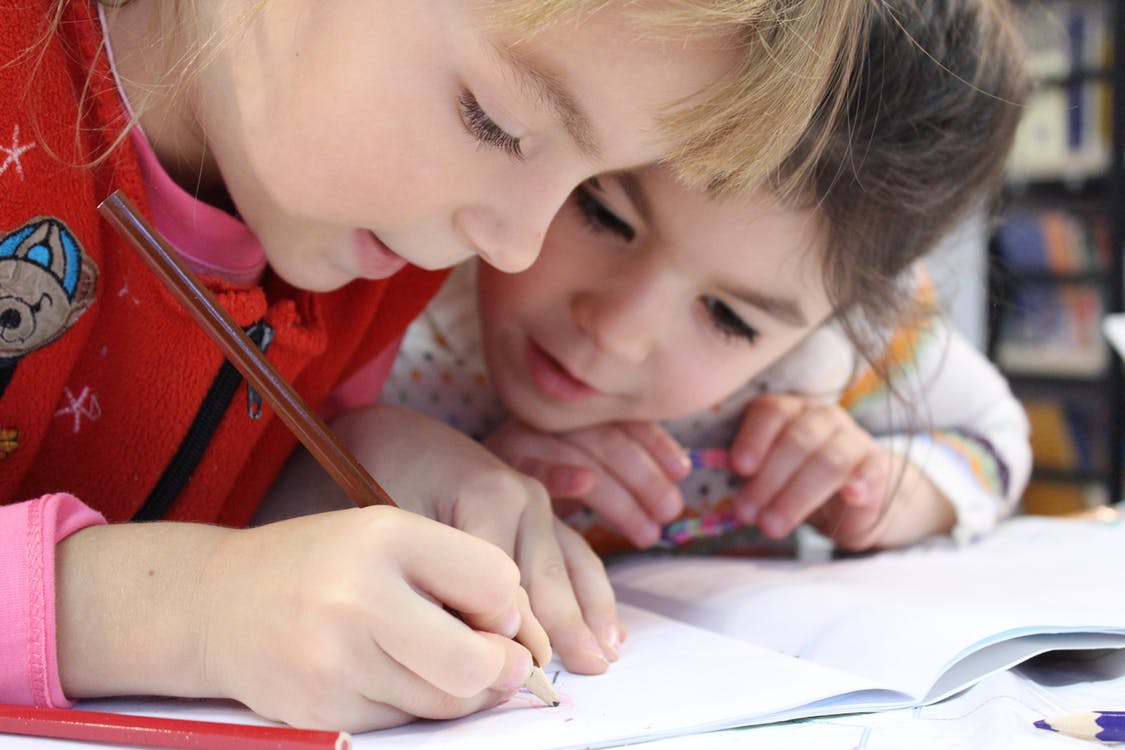 Many of us know all too well the obstacles that the life stage of adolescence can bring. From struggling to understand who we are and where we fit in, to striving for acceptance from adults and same-aged peers, the success with which we were able to navigate this critical period has likely had a lasting impact on who we are today. This search for identity and acceptance in adolescence can manifest itself on multiple levels, not only in how we think and feel about ourselves and others but also in how we develop physically, cognitively and emotionally. I believe that the vast majority of mental health-related conditions are in part a by-product of our adolescent struggle to know ourselves, to feel comfortable and accepting of ourselves and to experience those same feelings of comfort and acceptance from the world around us. For current and expecting parents of children in the adolescent age range, it will be critical to have an understanding of how to support your child in their identity search.
Many of us know all too well the obstacles that the life stage of adolescence can bring. From struggling to understand who we are and where we fit in, to striving for acceptance from adults and same-aged peers, the success with which we were able to navigate this critical period has likely had a lasting impact on who we are today. This search for identity and acceptance in adolescence can manifest itself on multiple levels, not only in how we think and feel about ourselves and others but also in how we develop physically, cognitively and emotionally. I believe that the vast majority of mental health-related conditions are in part a by-product of our adolescent struggle to know ourselves, to feel comfortable and accepting of ourselves and to experience those same feelings of comfort and acceptance from the world around us. For current and expecting parents of children in the adolescent age range, it will be critical to have an understanding of how to support your child in their identity search.
What the Research Says
Erik Erikson, a world-renowned practitioner and early pioneer in the research on lifespan development, published a theory of psychosocial growth in the 1960s. In his report, he illustrated the mental struggles we encounter at different, well-defined stages throughout our lives.
Erickson identified the primary struggle of the adolescent life stage as 'identity versus role confusion.' This struggle includes a negotiation between our internal psychological world (physiological urges and sensations, inner thoughts and feelings, awareness of self and the relationship between mind and body) and our external social world (influences of family members and peers, our perceived expectations from others and the balance of social hierarchies).
The vast majority of adolescents struggle with the idea of understanding and accepting who they are and what they believe in, frequently displaying an image of themselves to the outside world that is inconsistent with how they think or feel about themselves on the inside.
This confusion around what they believe to be true about themselves triggers adolescents to behave in a way that they think will be pleasing or socially acceptable to others. This behavior can result in depressive symptoms, intense feelings of anxiety, social isolation and discord in interpersonal relationships. It can also manifest as struggles in academic or occupational pursuits, habitual drug and alcohol use or even thoughts and feelings of self-harm or suicide.
In optimal situations though, adolescents will successfully navigate this stage and emerge into adulthood with a clearly understood and accepted sense of self-meaning, they have an understanding of who they are and what they believe in and it's consistent with the personhood and the belief system that they present to the outside world. This understanding then grants them the confidence to form healthy interpersonal relationships, the ability to maintain safe boundaries and the courage to act with conviction and try new things.

Image via Pexels
Tips for Supporting Your Developing Adolescent
1. Scale back the advice giving
Unless your adolescent has explicitly asked you for it, try to resist the urge to lead with giving advice. More often than not, children simply want to have their feelings heard and validated without being told a solution to their problems.
2. Allow your child to make mistakes
Other than those that might result in injury to themselves or others, mistakes can teach adolescents just as much about themselves, if not more, than successes can. Most importantly, allowing for mistakes will teach children that it's not necessary to be perfect all the time.
3. Avoid the temptation to say, "I told you so"
This tip goes hand-in-hand with the first two. The only thing worse than too much advice-giving or too much rescuing is telling our children "I told you so," after things did not work out the way they had hoped. No valuable lesson or guidance will come as a result of reminding your adolescent that they were wrong and you were right..
[Cover image via Pexels]
Dr. Balfanz is the Senior Clinical Psychologist at American Medical Center, a comprehensive medical and mental health service clinic for children, adolescents, adults and families living in Shanghai. For more information on clinic services, contact Dr. Balfanz at: nate.balfanz@amc-shanghai.cn or visit his website at: www.drnatebalfanz.com


















